Sump Pump Installation in Stony Brook, NY
Stop Basement Flooding Before It Starts
Professional sump pump installation that actually works when storms hit hardest.
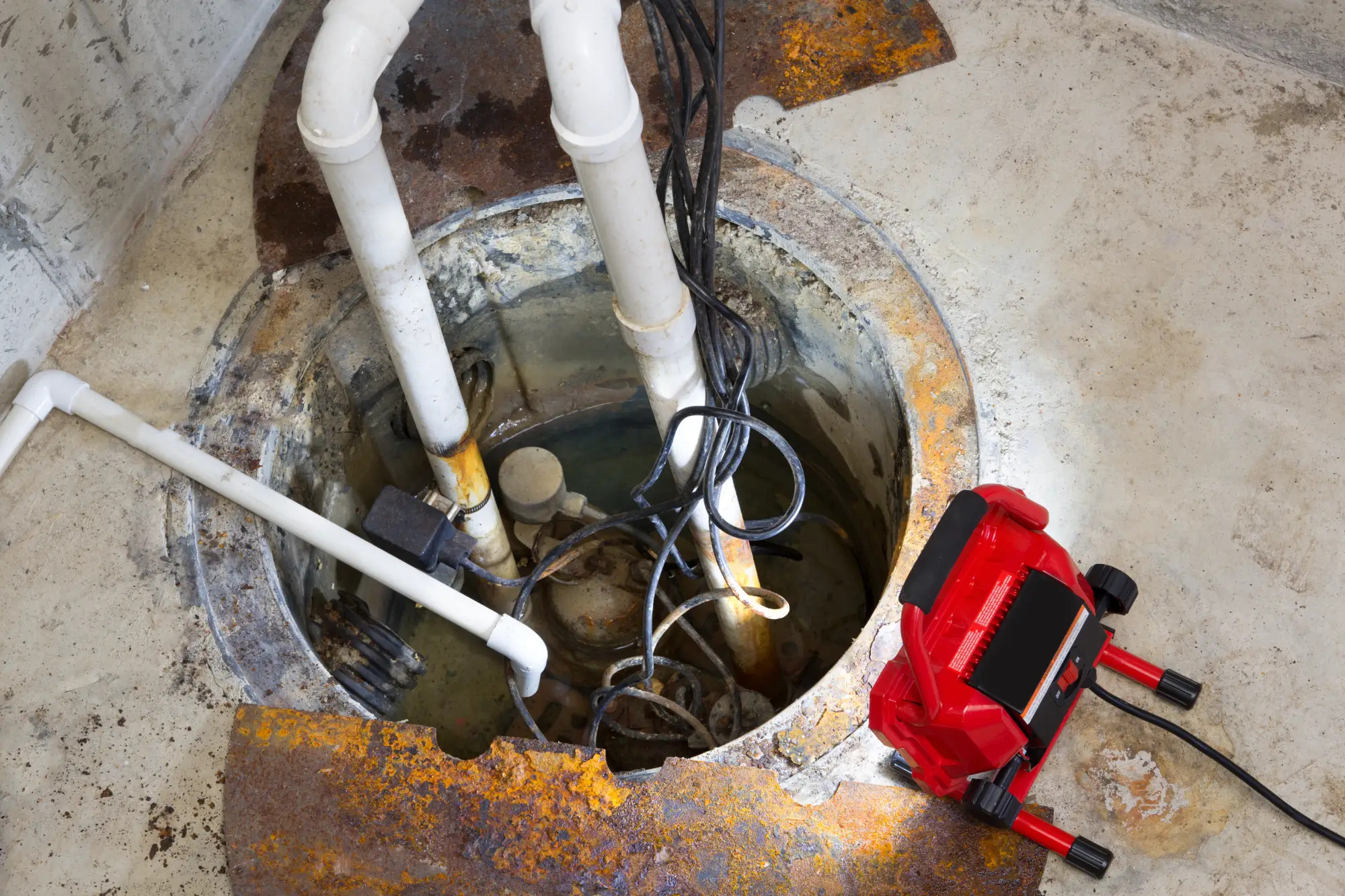
Hear About Us
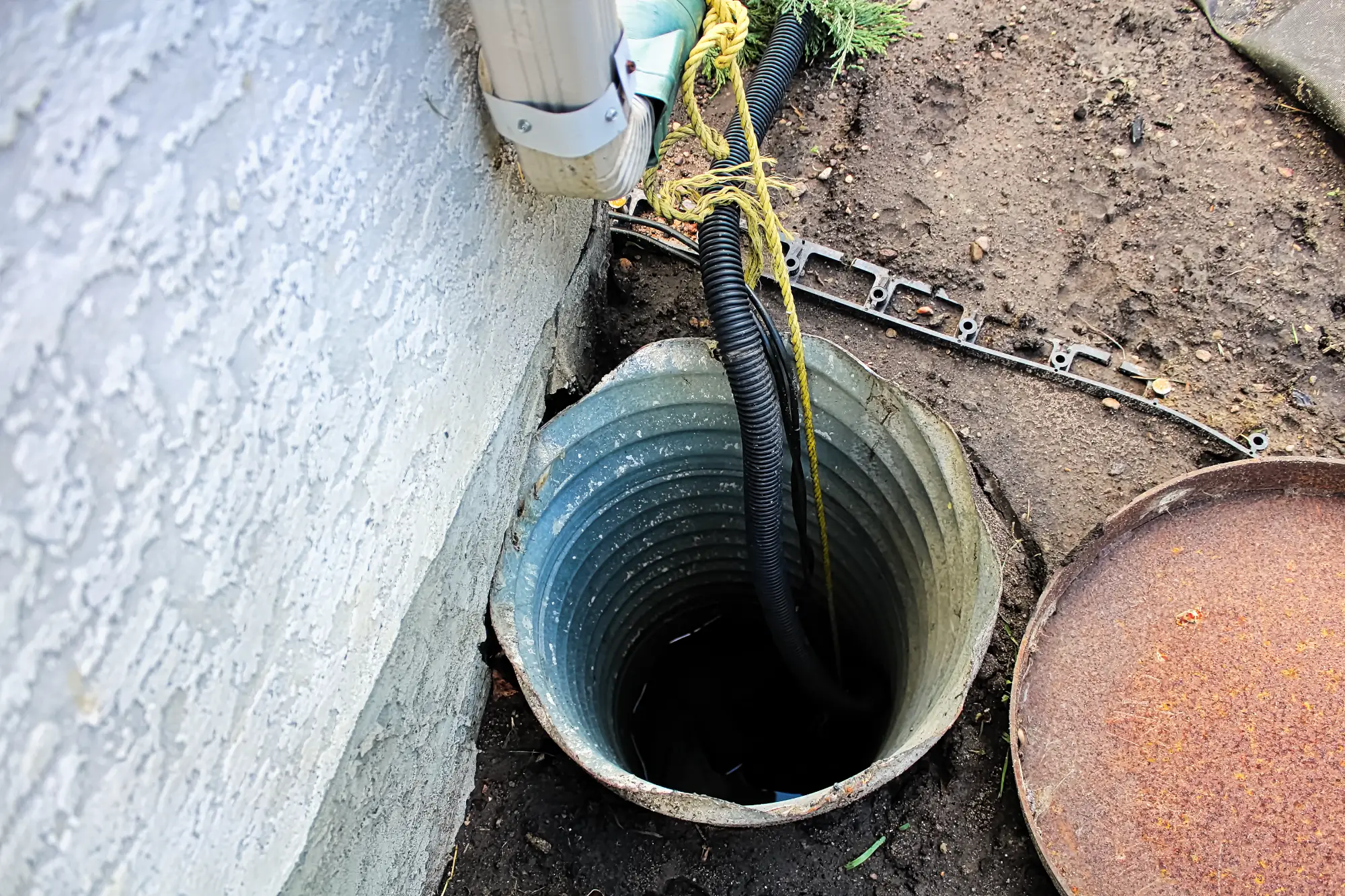
Reliable Basement Sump Pump Systems
You know that sinking feeling when heavy rain starts and you’re wondering if your basement will flood again. A properly installed sump pump system eliminates that worry completely.
When we install your basement sump pump, you get a system sized specifically for your home’s needs and Stony Brook’s unique water table challenges. No more rushing downstairs during storms to check for water. No more moving valuables to higher ground every time the forecast calls for rain.
Your finished basement stays usable. Your stored items stay safe. You sleep better knowing your foundation stays protected, and your home’s value remains intact.
Stony Brook Sump Pump Installers
Diamond Masonry & Waterproofing LLC has been protecting Long Island basements for years. We understand how Stony Brook’s soil conditions, water table levels, and seasonal weather patterns affect your home’s foundation.
We’re not general contractors trying to figure out waterproofing as we go. Basement protection is what we do every day. We’ve seen every type of foundation issue this area throws at homeowners, and we know exactly how to solve them right the first time.
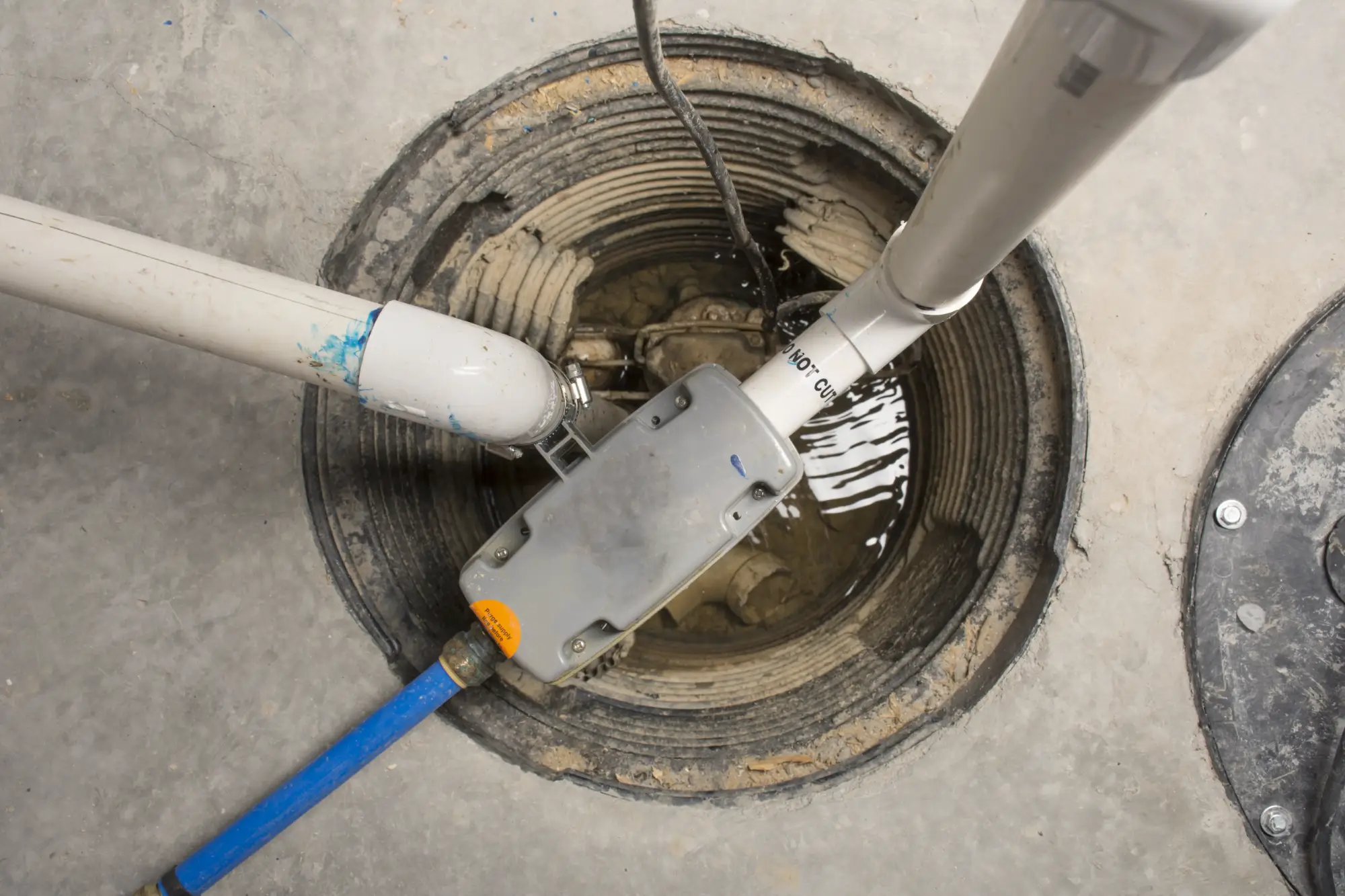
Professional Sump Pump Installation Process
First, we assess your basement’s specific needs. We check your current drainage, measure water flow patterns, and determine the right pump capacity for your home. No guesswork.
Next, we excavate the sump pit to the proper depth and install the basin with correct grading for optimal water collection. We connect high-quality discharge piping that routes water safely away from your foundation.
Then we install your pump system with proper electrical connections and test everything thoroughly. You’ll see exactly how it works and what to expect. We clean up completely and walk you through basic maintenance so your system runs reliably for years.
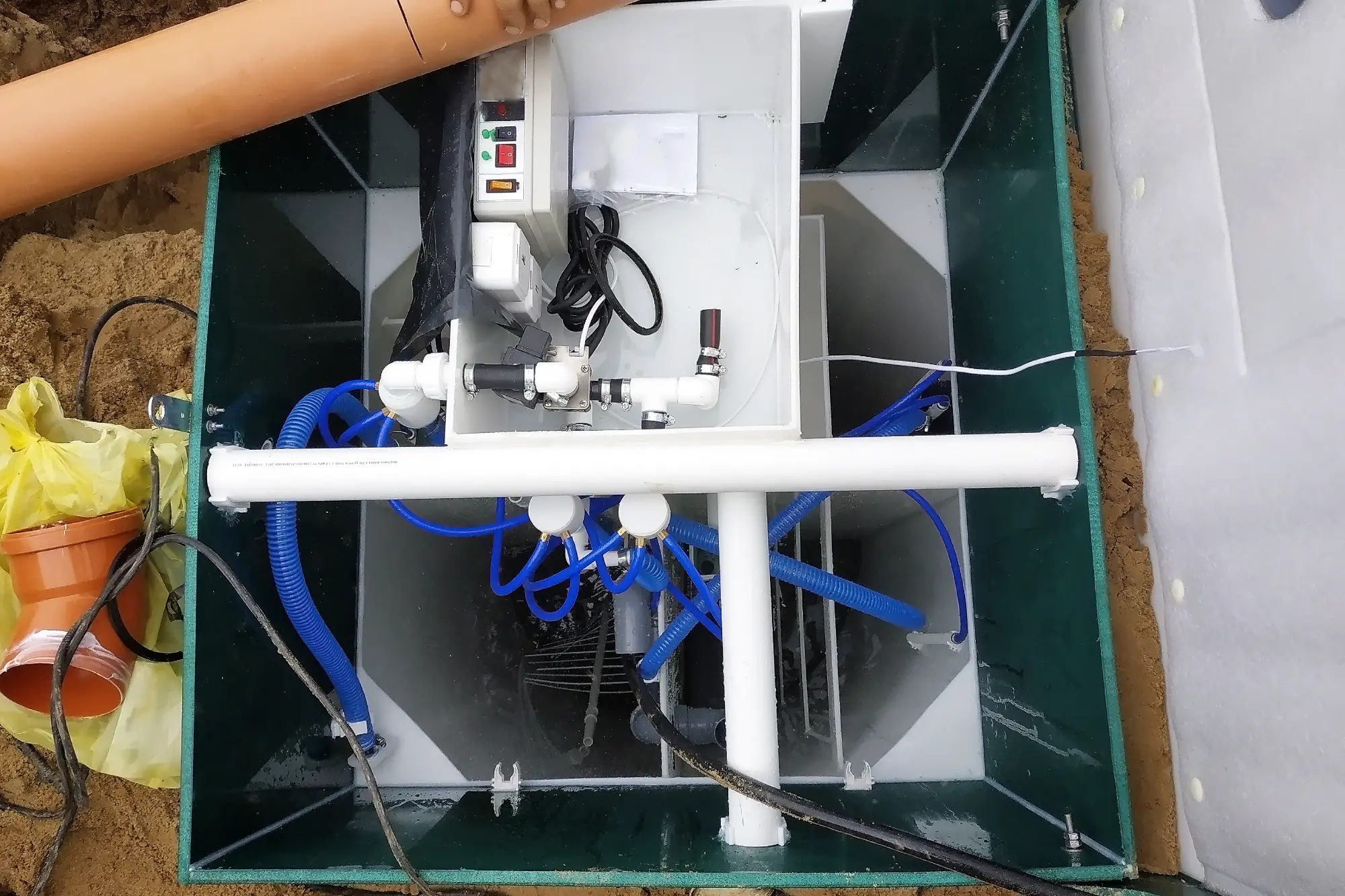
Ready to get started?
Explore More Services
About Diamond Masonry & Waterproofing
Get a Free Consultation
Complete Basement Protection Solutions
Your sump pump installation includes proper pit excavation, professional-grade basin installation, and correctly sized discharge piping. We use pumps designed for continuous operation, not hardware store models that fail when you need them most.
We also evaluate your entire basement waterproofing situation. Sometimes a sump pump alone isn’t enough. If we spot foundation cracks, drainage issues, or other problems that could cause future headaches, we’ll tell you upfront.
Many Stony Brook homes need backup systems or battery-powered pumps for power outages. We’ll recommend what actually makes sense for your situation, not what makes us the most money.
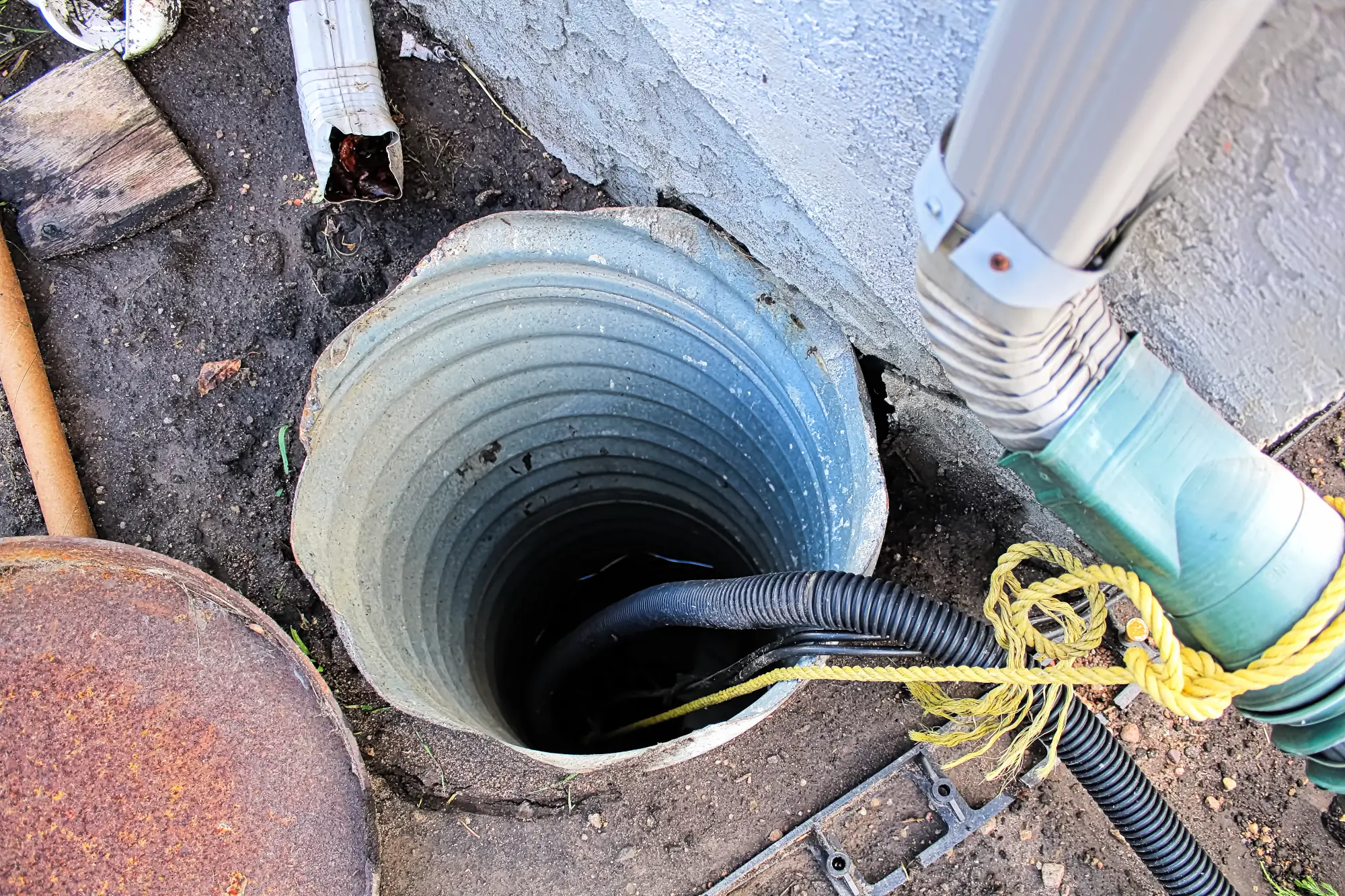
How do I know what size sump pump my basement needs?
What happens if the power goes out during a storm?
How often do sump pumps need to be replaced?
Can I install a sump pump myself to save money?
Where does the water go when the sump pump runs?
How much does professional sump pump installation cost?
Local Resources
- Google Map Link
- Find the Stony Brook, NY USPS
- Locate Nearby Stony Brook, NY Pharmacies
- View the Current Weather in Stony Brook, NY
- Stony Brook, NY is located in Suffolk county in New York State